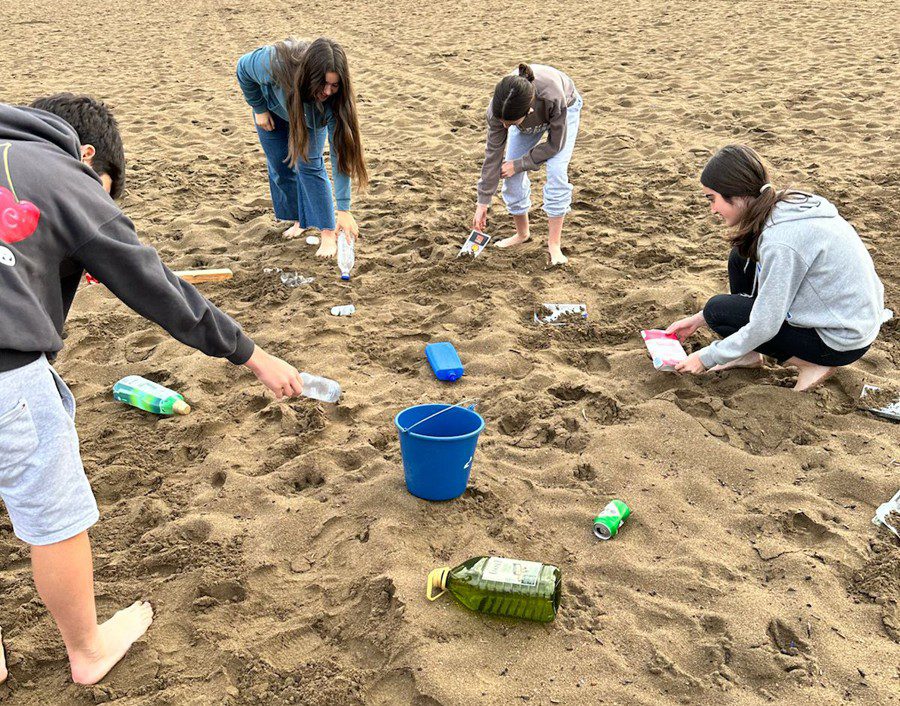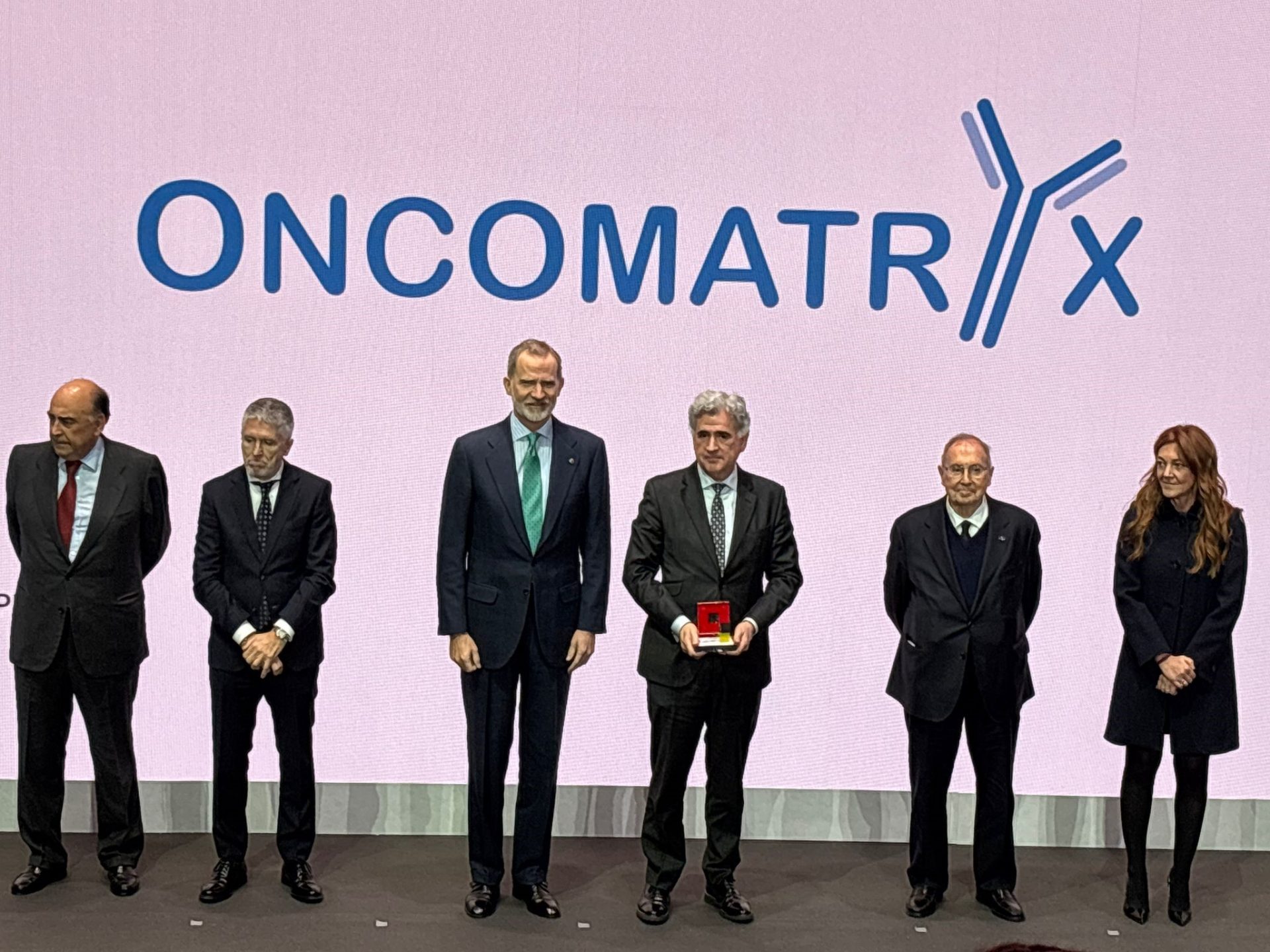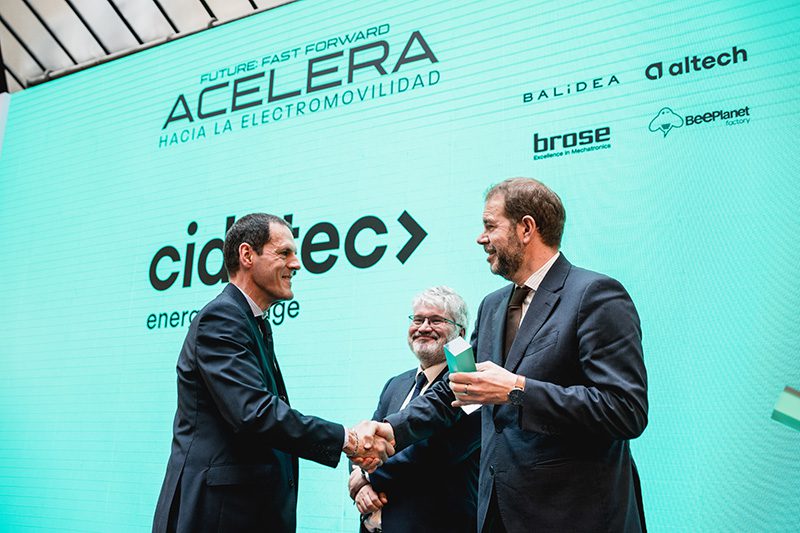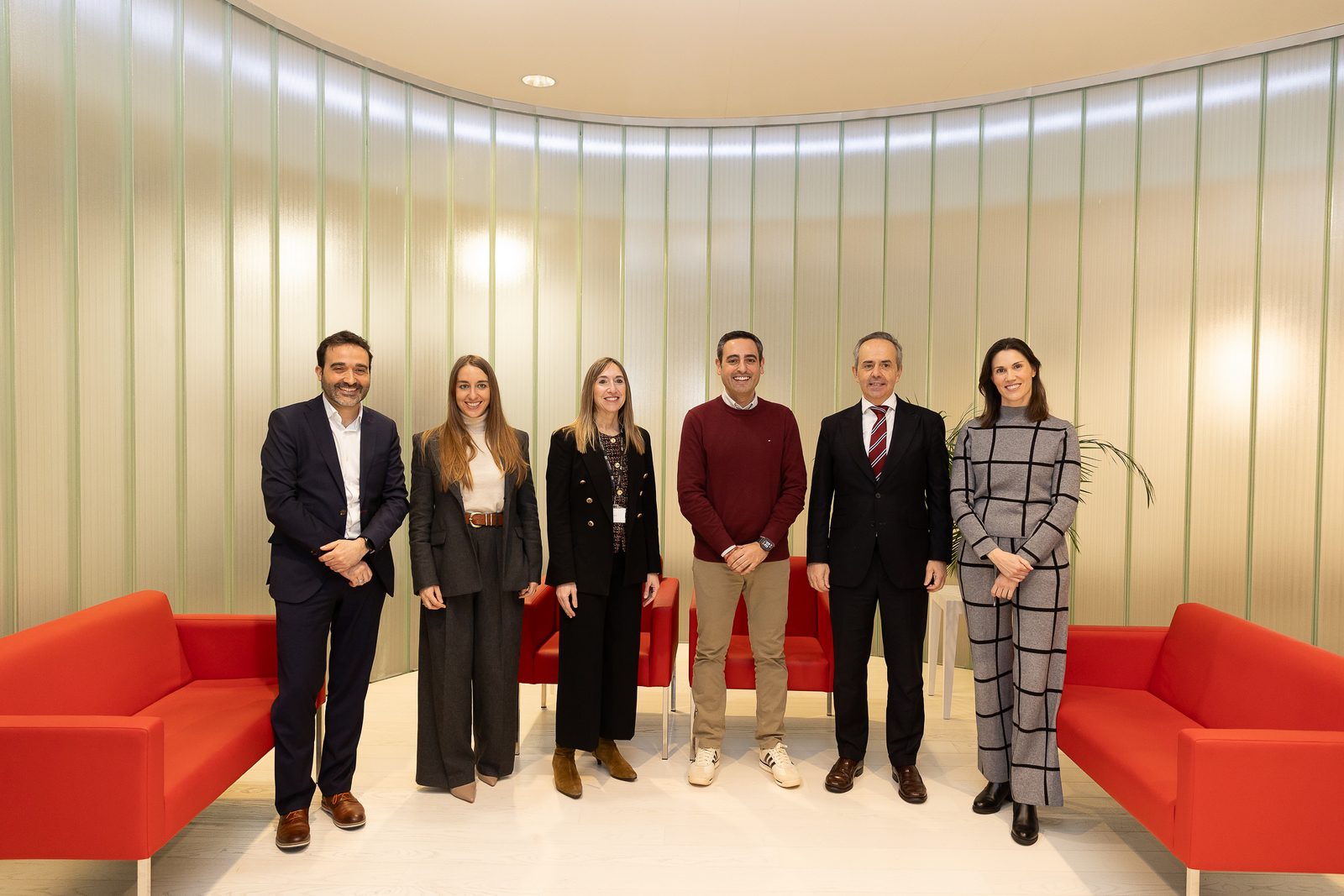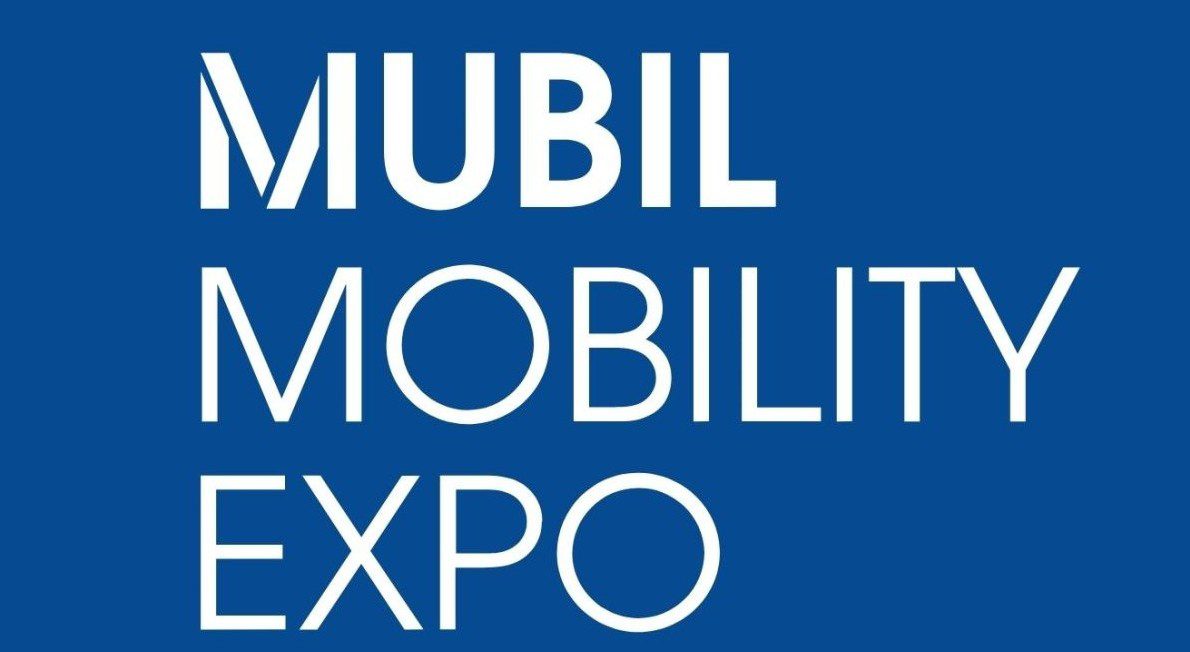VI Tecnalia Journalism Prize
- Journalists of XL Semanal, Radio Euskadi, TVE 1 and Elhuyar.org were awarded the VI TECNALIA Journalism Prize and journalists of El Mundo and ETB2 also received a special mention.
 The VI Tecnalia Journalism Prize worth €16,000, was awarded in a ceremony held today in one of the headquarters of TECNALIA in Donostia-San Sebastian, attended by Javier Ormazabal and Joseba Jauregizar, Chairman and Managing Director of TECNALIA, respectively, as well as Jose Ángel Sánchez Asiaín, Chairman of the Fundación COTEC and the Prize Jury. Company directors of Batz, Ikusi and Ingeteam sponsors of the Prize and the members of the Jury also participated in the event.
The VI Tecnalia Journalism Prize worth €16,000, was awarded in a ceremony held today in one of the headquarters of TECNALIA in Donostia-San Sebastian, attended by Javier Ormazabal and Joseba Jauregizar, Chairman and Managing Director of TECNALIA, respectively, as well as Jose Ángel Sánchez Asiaín, Chairman of the Fundación COTEC and the Prize Jury. Company directors of Batz, Ikusi and Ingeteam sponsors of the Prize and the members of the Jury also participated in the event.
For the first time, the Tecnalia Journalism Prize was divided into four different categories: each category – Print Media, Radio, TV and Internet – received €4,000.
Print Media Category Prize
The Print Media category prize was awarded to Fernando Goitia for his feature “Export R+D? Yes, we can”, published in the XL SEMANAL supplement on the 26th of February 2012.
This article showcases 6 Spanish companies that, because of or maybe despite the recession, continue to increase their sales thanks to exporting innovative products to over 50 countries. From plastic hangers, ice-skating rinks, energy generating crystals, bubble pure air and engineering applied to fly fishing, to DNA chips.
The Jury highlighted “the beneficial and compelling impact of this feature on our industrial make-up, particularly on small and medium enterprises, proving that if we have innovative products, then we can export“.
Radio Category Prize
The Radio Category Prize was awarded to Eva Caballero, Director and Presenter of the Programme “The snail’s mechanics”, broadcast on week days on RADIO EUSKADI and available on the Webpage of eitb.com.
The aim of the Programme, which started in 2010 as a space for broadcasting on science, technology and history, is for us to learn something new everyday, to answer queries, disabuse irrational myths and bring scientific and technological knowledge closer to the audience’s everyday life.
The Jury felt that the main aim of the Programme of – making science and technology accessible to the general public in a straightforward, entertaining and accurate way – had been fulfilled, whilst also noting the eminent network of contributors”.
TV Category Prize
The TV Category Prize was awarded to the team made up of Irene Vaquerizo, Cristina Moreno, Fernando Rodríguez, Santiago Aguilar, Ildefonso Urban, March Folch, Javier Mula and Miguel Ortiz, for their feature “SMART CITY: Cities of the Future”, broadcast on the programme Informe Semanal of TVE 1 on the 11th February 2012 and available in the Website of rtve.es.
The team of Informe Semanal visited 3 cities to bring the audience closer to learn in detail the sustainable energy management put in use in Malaga; the efficiency achieved by optical fibre installed in Rivas Vaciamadrid; or the urban laboratory named Distrito @22 in Barcelona, a true test bench for Smart Cities.
The Jury emphasised that “the feature includes the highlights of the Smart Cities (technology and efficient energy management) making them understandable for the audience who can identify improvements achieved in the quality of their daily life”.
Internet Category Prize
The Internet category prize was awarded to Guillermo Roa for his feature “Bio-artificial Hope” published in Basque on the Website ALDIZKARIA.ELHUYAR.ORG on the 1st of April 2012.
The work provides the perfect answer to the question – Is it possible to produce and transplant tailor-made organs nowadays?
The good news is that these organs can be produced in theory from stem cells from the same patient, the so-called bio-artificial organs. The not so good news is that the research into organ production techniques has just started.
The Jury found that “all in all, the pros and cons are expressed in an accurate, straightforward and entertaining way in this feature which makes the most of multimedia information to deliver an outstanding results, allowing us to better understand the potential, hope and reality of working with stem cell medicine”.
Special Mentions
In addition to the four Prizes mentioned above, the Jury of the Tecnalia VI Journalism Prize made two special mentions:
The first one for the feature “Science – support for famine”, published in EL MUNDO on the 14th of May 2012.
A review of the contribution made by science and technology to alleviate the impact of famines suffered worldwide by almost 1 billion people, and particularly in Africa and Asia.
The Jury considered “the excellent journalistic quality of this work which also cultivates an innovative view on the contribution of science and technology in fighting famine with many practical examples – from artificial satellites, telecommunications and engineering to applied genetics and new farming techniques”.
The second special mention was awarded to Jose A Pérez for his feature “Genetic Modification?” broadcast on the 24th of October 2011, on the Programme Escépticos of ETB 2 and available on the website of eitb.tv.
Escépticos is a documentary series created, written and directed by Jose A. Perez and broadcast in 2011. The programme provides a clear and straightforward description of what genetic modification is and how it is carried out, removing viewers’ potential prejudices.
The Jury has taken into account that “this work fulfils its main goal of bringing science and technology closer to an audience not in principle interested, using an energetic and colourful audiovisual format, ideal for TV and Internet formats”.
TECNALIA PRIZE
The Technological Corporation Tecnalia – made up by AZTI-Tecnalia, NEIKER-Tecnalia and TECNALIA Research & Innovation – promotes this Prize with the aim of recognising and encouraging the work of communication media professionals who promote and raise awareness of Technological Research, Innovation and Development among the Public, helping to create a more innovative Society.
